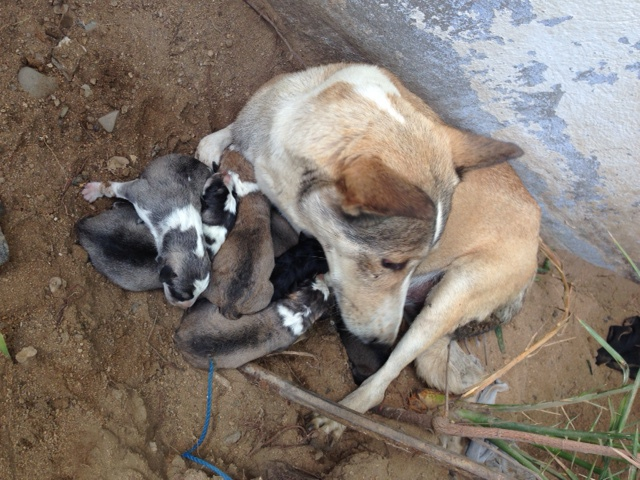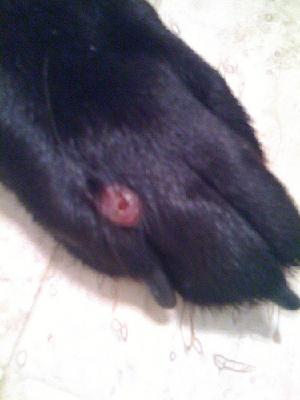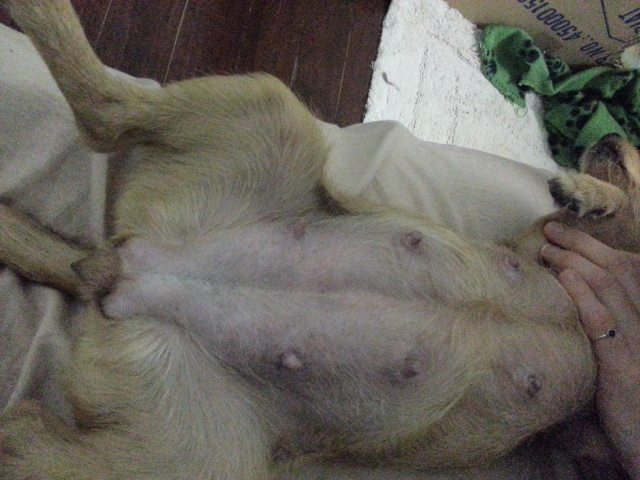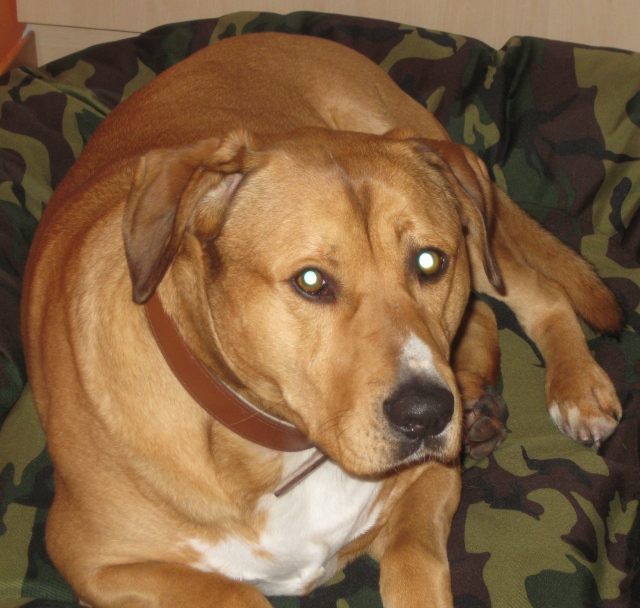QuestionHi! I am out of town so can't call my vet yet -- I am getting a new puppy and I have a 13 yr old already. The old dog have not had vaccines for about 6 years now but he did get them every year from 1 yr old (when I got him) until 6. What is the best way to deal with the introduction of a new puppy that has only received its first parvo vaccine? Do I really have to keep the two separate (impossible), can I get my adult dog tested or vaccinated? Do I just make sure that I am vigilant with the puppy's vaccines and health?
I understand you are not a vet but if you have any experience with this, i would really appreciate it!
AnswerIf you are really concerned about it, you could have your ol' guy titered if it would make you feel better, but, frankly, I wouldn't worry about it.
I give my puppies their puppy shots, and used to give them a one-year booster, but now all I do is the puppy shots and they get nothing further other than the required rabies inoculations every three years. We have been conned into believing that dogs need yearly inoculations, and it just isn't true (but they do need yearly health exams). Just as people get life-long immunity from childhood inoculations, so do our dogs. Many people have done yearly titers on their older dogs and have found no problems. A low titer simply means that the dog's immune system has not been recently challenged, while a high one means that the dog has recently been exposed to distemper, parvo... whatever they are being titered for. There is currently research underway to prove that rabies inoculations can confer immmunity for at least 5-7 years, if not for the dog's lifetime. http://www.rabieschallengefund.org/page4.html
Why has your puppy only received a parvo vaccination? While it is good to split up all the vaccinations and give them separately, I hope you are not getting this puppy too young... before it has learned to inhibit its bite and is mentally ready to be separated from its mother and littermates.
Also, be aware that at 13, your old dog might have problems with the puppy pestering it, so be sure to watch so that the older dog isn't bothered by the baby and is able to get away from him. Most old dogs really just want to sleep in peace and have an occasional short walk thrown in on occasion.

 Whats the dog type?
Question
1 2
Dear ma`am,
Me and my friend
Whats the dog type?
Question
1 2
Dear ma`am,
Me and my friend
 Redish bump between dogs toes
QuestionHello I have a three year old Australian Shephe
Redish bump between dogs toes
QuestionHello I have a three year old Australian Shephe
 high temp tummy
Question
swollen nipples?
My two year old Jack R
high temp tummy
Question
swollen nipples?
My two year old Jack R
 Strange dog behaviour ; organic brain syndrome in canine;
Question
Alfie
All of a sudden my 4 year old dog does n
Strange dog behaviour ; organic brain syndrome in canine;
Question
Alfie
All of a sudden my 4 year old dog does n
 Pinched nerve
Question
Agustus Tybierius vonG
My 4 y/o, intact male G
Pinched nerve
Question
Agustus Tybierius vonG
My 4 y/o, intact male G